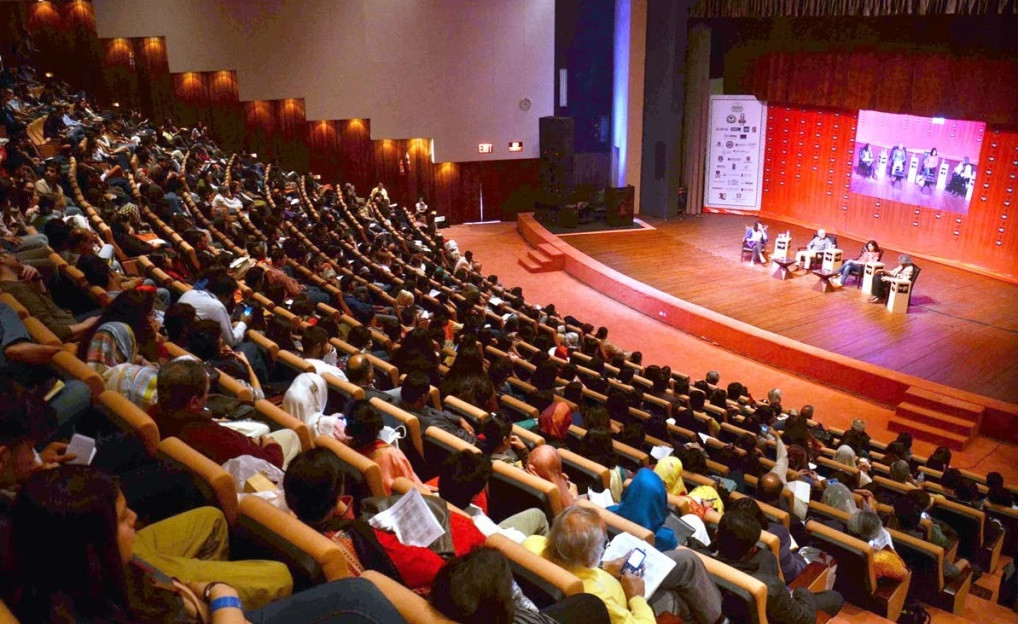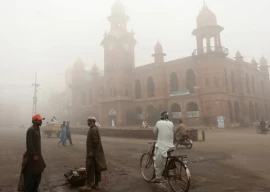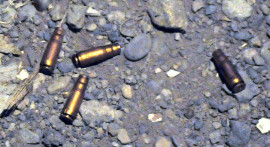
On the last day of the 10th edition of the Lahore Literary Festival at the Alhamra Arts Council on Sunday, a session was held to discuss “Kunj-e-Qafas”, a compilation of poems penned by Fawad Hassan Fawad, a former principal secretary to a former prime minister.
Fawad wrote those poems during his two-year imprisonment.
The panelists included Pakistan Peoples Party’s Aitzaz Ahsan who started the discussion by saying that he felt a bit overwhelmed seeing a bureaucrat turning into a writer because bureaucracy and literature were two fields that were world apart.
Nevertheless, Aitzaz did refer to the writings of eminent bureaucrats Perveen Shakir and Qudratullah Shahab, though the former had joined the bureaucracy after having won laurels as a poet.
Aitzaz said that it was a good omen that Fawad, who had served at key postings as a bureaucrat, managed to pour out his heart in the form of poetry.
The PPP leader said that Fawad’s poetry contained a flavor of youthfulness. It was not everyone’s forte to write poetry from behind bars.
Aitzaz hastened to add that Urdu literature had had a tradition of people producing great works during incarceration. Faiz Ahmad Faiz and Habib Jalib were but two examples in this regard, he said.
Fawad Hassan Fawad said that due to stereotyping of a few institutions those who worked in those institutions were also subjected to the same practice of stereotyping.
He acknowledged that bureaucracy demanded compliance. Nevertheless, voices of dissent did exist as well, he added.
Fawad credited his teachers and parents as far as his emergence as a poet was concerned.
He told the audience that one of his earliest postings as a bureaucrat was in Balochistan.
He said that though the province was said to be a “tribal society”, dissent by the bureaucracy in Balochistan had been much acknowledged.
He said that his stint in Balochistan had made an important development in his personality.
Fawad said that society had not yet changed to the extent where “discussions outside the frameworks” could be allowed by the ruling regimes, be they dictatorships or representative governments.
Fawad startled the audience by telling them that he had been a students’ union leader during his college days in Pakistan as well as abroad, and being into students politics had made him an advocate of freedom of expression.
He said that he felt sorry that ban on students unions had remained in effect for such a long period of time.
Fawad said that society might have had some fear at the back of its mind that if students were allowed to indulge in politics, they would create anarchy.
Published in The Express Tribune, February 27th, 2023.

1725354252-0/Untitled-design-(5)1725354252-0-405x300.webp)
1732099866-0/adele-(3)1732099866-0-165x106.webp)





1732011525-0/Express-Tribune-(8)1732011525-0-270x192.webp)









COMMENTS
Comments are moderated and generally will be posted if they are on-topic and not abusive.
For more information, please see our Comments FAQ